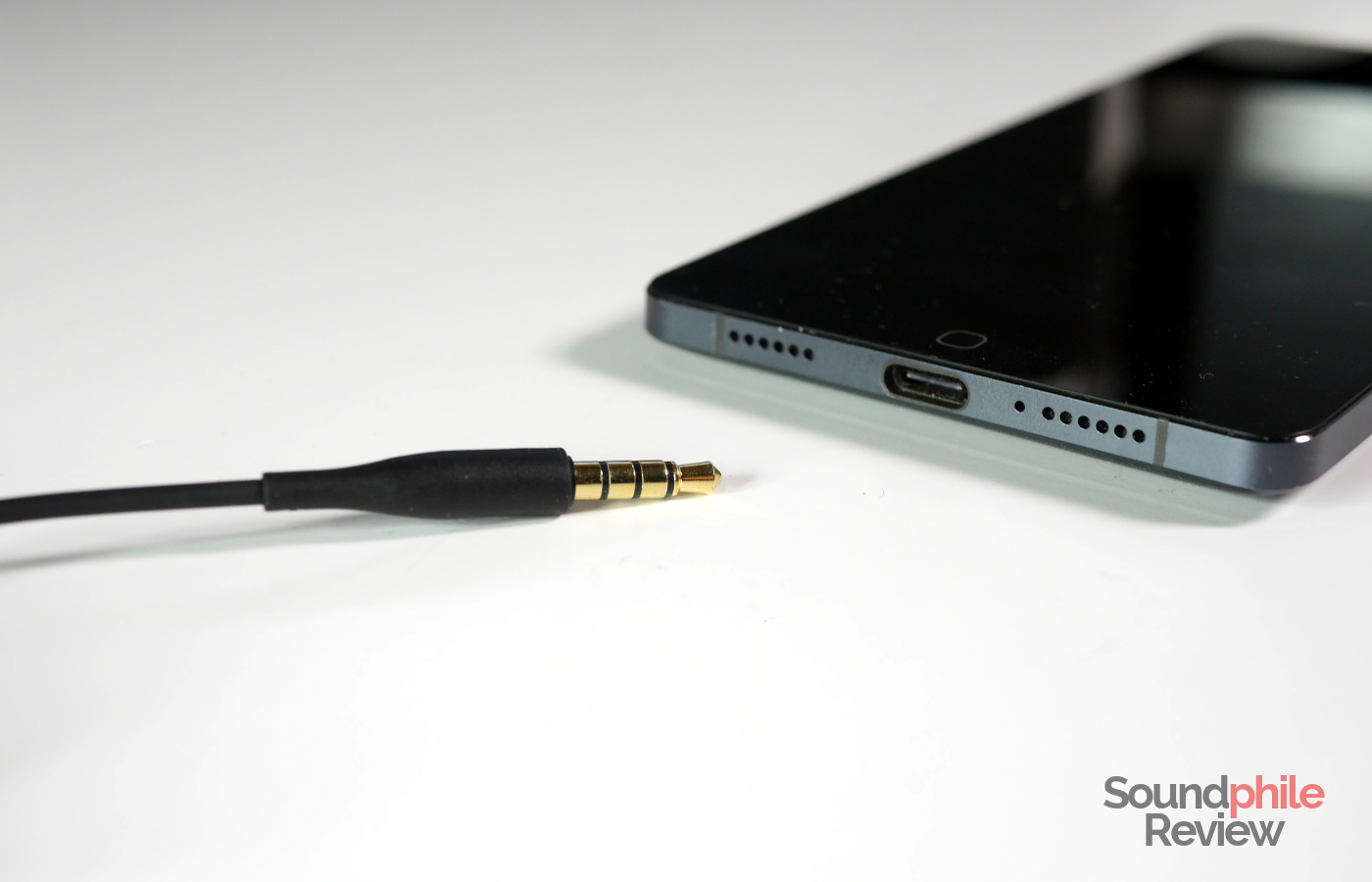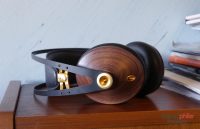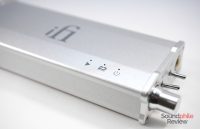It seems tech companies have gone mad. They are eliminating the 3.5 mm jack connector from their products, promoting alternative standards they tout as “better”. One of them is saying this move is “courageous”, others are saying this is because of technical advantages this move has. Either way, they are abandoning what has been a truly universal standard in favour of more-or-less proprietary ones. This is bad.
The most clamorous examples are undoubtedly Apple’s iPhone 7 and HTC’s Bolt (or 10 Evo outside of the US). The first was introduced with much fanfare back in September, the latter is last week’s news – at least for the international set. While they are quite different, they share the lack of an audio jack, which has been the standard for audio input and output devices for the last century and a half – the original jack connector was invented in 1878, 138 years ago – in varying size.
What astonished me is that Apple did not provide any valid motivation for the move when they introduced the iPhone 7. They just said the move is “courageous” – and that’s it. Apple is Apple and I think we’re all used to their ways of thinking and of imposing their (sometimes poor) choices on their clients. But they usually try to give an explanation. This was not the case here. Shedding the jack in favour of the proprietary Lightning connector may have technical advantages (it is easier to waterproof the phone) and financial advantages (Lightning is a technology which requires a licence) for Apple, but gives no tangible advantages to the user. You need an adapter to continue using the headphones you already have – and that’s enough.
The same applies to HTC: their Bolt/10 Evo only has the USB Type-C port. This means it requires an adapter or compatible headphones – no difference with the iPhone here. The “audio over USB Type-C” movement stems largely from the fact that all major manufacturers of phones, tablets and computers (Apple included!) adhere to the USB consortium and they all plan to eventually introduce USB Type-C in their product lines. The Type-C standard allows for analog output from the port, so a simple adapter would allow using current headphones. The chances of breaking USB-C connectors, though, are significantly higher than breaking a jack.
There are adapters for both Lightning and Type-C to continue using current headphones. Where’s the problem then?
The problem lies in the fact that while adapters to use current products do exist, as of now there are no adapters from Lightning or Type-C to traditional jack – or adapters from Type-C to Lightning and vice-versa. This means that earphones such as the Libratone Q-Adapt In-Ear (and many others, of course) cannot be used on any device other than the iPhone or iPad. Hell, it can’t even be used on the Apple-manufactured Mac! And while USB Type-C is going to be the norm on almost every device in the coming months and years, it can’t be used on a number of current devices – most notably all the existing audio gear such as amplifiers, DAPs, et cetera.
There is a problem of new standards which are not entirely compatible with the existing ones and which may cause issues going on. While I think the audiophile market is unlikely to be heavily hit by these changes, the general consumer market will be affected and those looking for a compromise between the two souls of the audio market could also be impacted.
What I find most dangerous is that there could be products which only work for a specific platform and not for the others. We now have the vast majority of products which works on almost every device marketed in the last 20 years: are we sure we want to give up the freedom to choose the headphones and couple them with our favourite player irrespective of the manufacturer and its “political” choices?
As of now I do not see a valid point in changing a technology which actually works. The prospected advantages offered by these new means of connection are not, in my opinion, enough to convince me that they outweigh the disadvantages.








